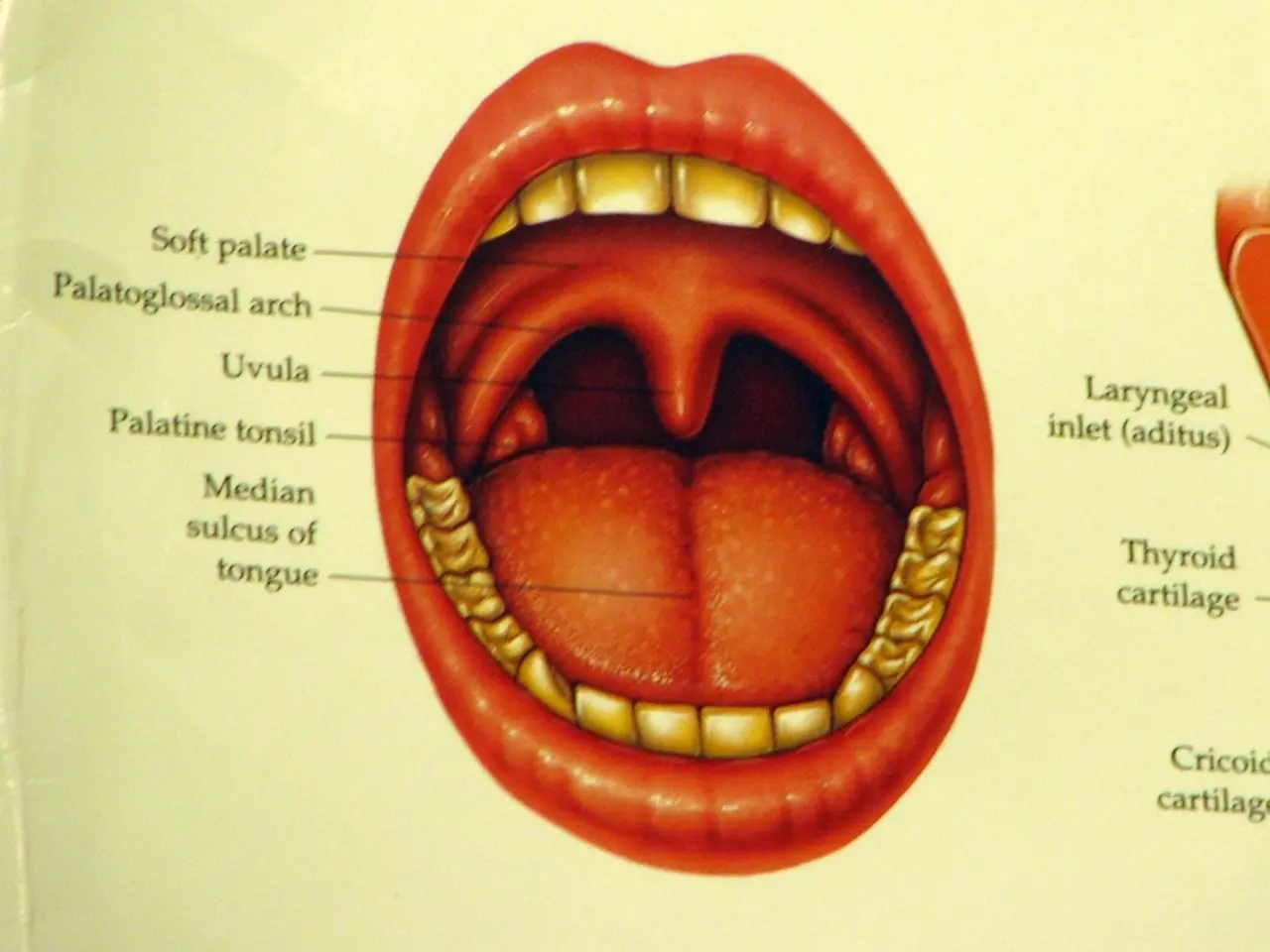Lip Swelling: Causes and Remedies
Swollen lips can be a distressing and uncomfortable condition, often caused by allergic reactions to various substances. Understanding these common allergens and associated symptoms is crucial for timely diagnosis and appropriate intervention.
Allergic reactions can be triggered by a wide range of substances, including environmental allergens, food allergens, medication allergens, and contact allergens.
**Environmental Allergens**
Common environmental triggers include pollens, mold spores, dust, and pet dander. Symptoms may include sneezing, nasal congestion, hives, or wheezing. Swelling of the lips and other areas of the body can also occur.
**Food Allergens**
Common food triggers are eggs, nuts, dairy, shellfish, milk, soy, wheat, certain spices, fish, some fruits, and even poultry. Symptoms often include rapid lip swelling, facial swelling, tongue swelling, difficulty swallowing, nausea, coughing, wheezing, and sometimes hives.
**Medication Allergens**
Antibiotics such as penicillin and non-steroidal anti-inflammatory drugs (NSAIDs) like aspirin can cause allergic reactions. Symptoms might range from localized lip swelling to severe reactions like anaphylaxis, which involves difficulty breathing, facial swelling, hives, dizziness, and can be life-threatening.
**Contact Allergens**
Lip balms, cosmetics, and other topical products can cause allergic lip reactions, often presenting as angioedema — swelling beneath the skin's surface. Symptoms include red, tender, and swollen lips, itching or tingling around the lips or inside the mouth, and sometimes rash, hives, or eczema on the skin near the mouth.
In addition to these common allergens, injuries to the lips, insect bites, stings, and allergies to specific drugs can also cause swollen lips.
It's essential to seek medical attention if experiencing severe symptoms, such as those associated with anaphylaxis, or if concerned about swollen lips. Identifying the underlying cause of swollen lips is essential for proper treatment.
The American College of Allergy, Asthma, and Immunology (ACAAI) reports that more than millions of Americans have some form of allergy. Anaphylaxis, a severe allergic reaction that can be fatal, requires immediate medical treatment, including injecting a dose of epinephrine and getting to an emergency room.
A rare medical condition that can cause swollen lips is granulomatous cheilitis. This condition is characterized by a recurrent and firm swelling of the lips and can be caused by an allergy, Crohn's disease, sarcoidosis, or orofacial granulomatosis.
Angioedema, a condition that causes swelling under the skin, often affecting the lips along with other body parts such as hands, feet, around the eyes, tongue, and genitals, is usually caused by an allergy or as a side effect of medication. It typically goes away on its own within a few days, but if it is caused by an allergy, an antihistamine is the usual treatment method. If it is caused by a medication, a person may need to stop the current course of treatment and see their doctor to find an alternative.
Injuries to the lips, such as minor cuts, wounds, and lacerations, can cause swelling. To treat lip injuries, clean the area and stop any bleeding with a clean cloth or bandage, and apply an ice pack to the affected area.
By being aware of these common allergens and associated symptoms, individuals can take steps to manage and prevent allergic reactions, ensuring a safer and more comfortable lifestyle.
- Allergic reactions can be triggered by a wide range of substances such as pollens, mold spores, dust, pet dander (environmental allergens), eggs, nuts, dairy, shellfish, milk, soy, wheat, certain spices, fish, some fruits, and even poultry (food allergens), antibiotics like penicillin and non-steroidal anti-inflammatory drugs (NSAIDs) (medication allergens), or contact with lip balms, cosmetics, and other topical products (contact allergens).
- Common symptoms of allergic reactions may include sneezing, nasal congestion, hives, wheezing, swelling of the lips and other body parts, rapid lip swelling, facial swelling, tongue swelling, difficulty swallowing, nausea, coughing, and eczema on the skin near the mouth.
- Severe allergic reactions like anaphylaxis involve symptoms such as difficulty breathing, facial swelling, hives, dizziness, and can be life-threatening.
- Angioedema, a condition that causes swelling under the skin, often affecting the lips along with other body parts, is usually caused by an allergy or as a side effect of medication.
- Injuries to the lips, such as minor cuts, wounds, and lacerations, can cause swelling and should be treated by cleaning the area, stopping any bleeding, and applying an ice pack to the affected area.
- The American College of Allergy, Asthma, and Immunology (ACAAI) reports that more than millions of Americans have some form of allergy, and anaphylaxis, a severe allergic reaction that can be fatal, requires immediate medical treatment, including injecting a dose of epinephrine and getting to an emergency room.
- A rare medical condition causing swollen lips is granulomatous cheilitis, which can be caused by an allergy, Crohn's disease, sarcoidosis, or orofacial granulomatosis.
- Crohn's disease, a type of inflammatory bowel disease, and psoriasis, a skin condition characterized by red, scaly patches, can also cause swollen lips as associated medical-conditions.
- Mental health is an essential aspect of health-and-wellness, and individuals dealing with severe allergic reactions like anaphylaxis may experience stress, anxiety, or depression due to concerns about their health and safety.
- Science continues to advance in the field of medical-conditions, and research is underway to develop more effective treatments for allergies, skin-care conditions like eczema and dermatitis, and chronic conditions like diabetes, arthritis, COPD, and psoriatic arthritis.
- By managing and preventing allergic reactions, maintaining good skin-care, factorizing mental health, and adhering to appropriate treatments for various medical-conditions, individuals can enhance their overall health and wellness, leading to a safer, more comfortable, and healthier lifestyle.




